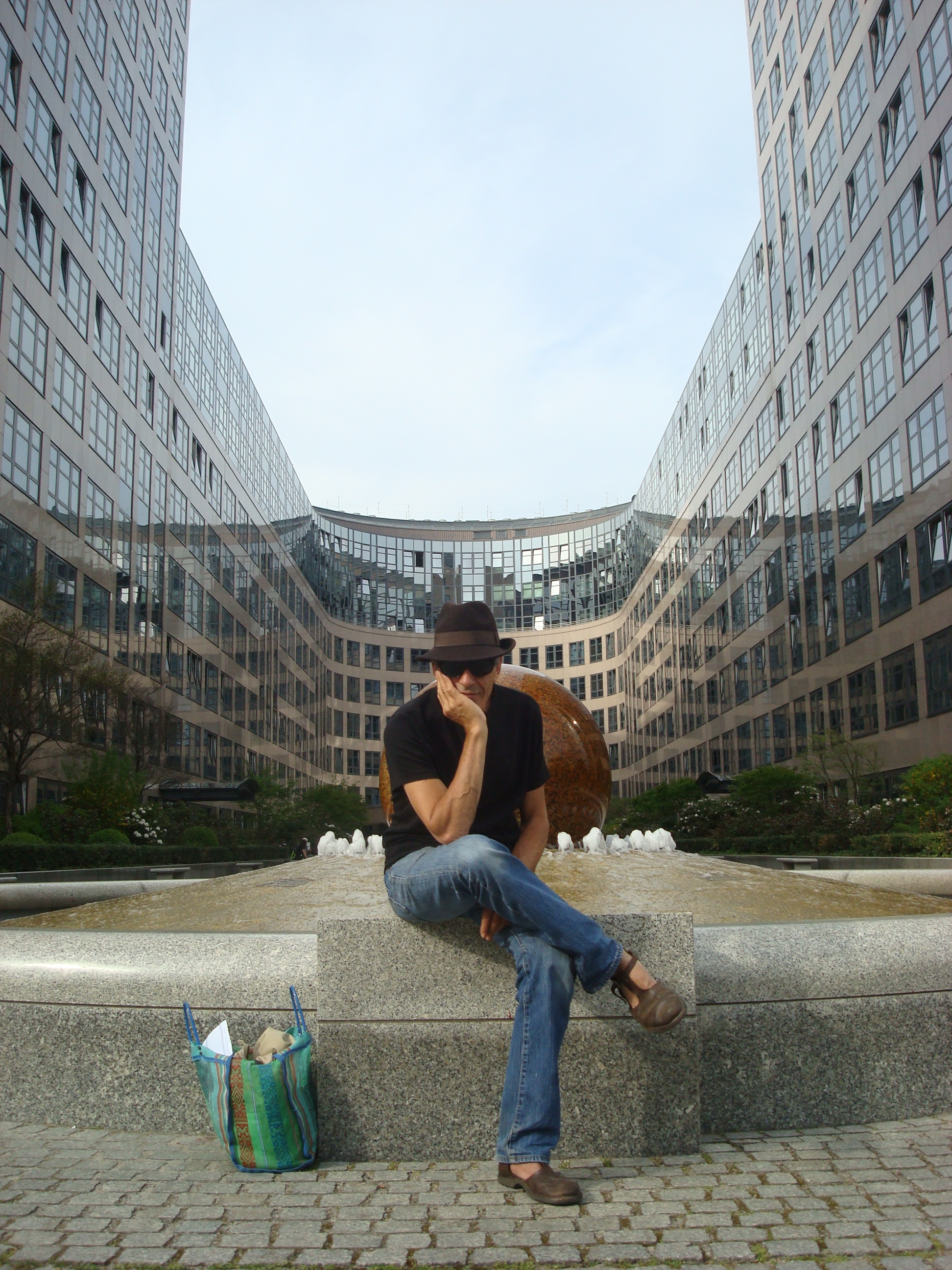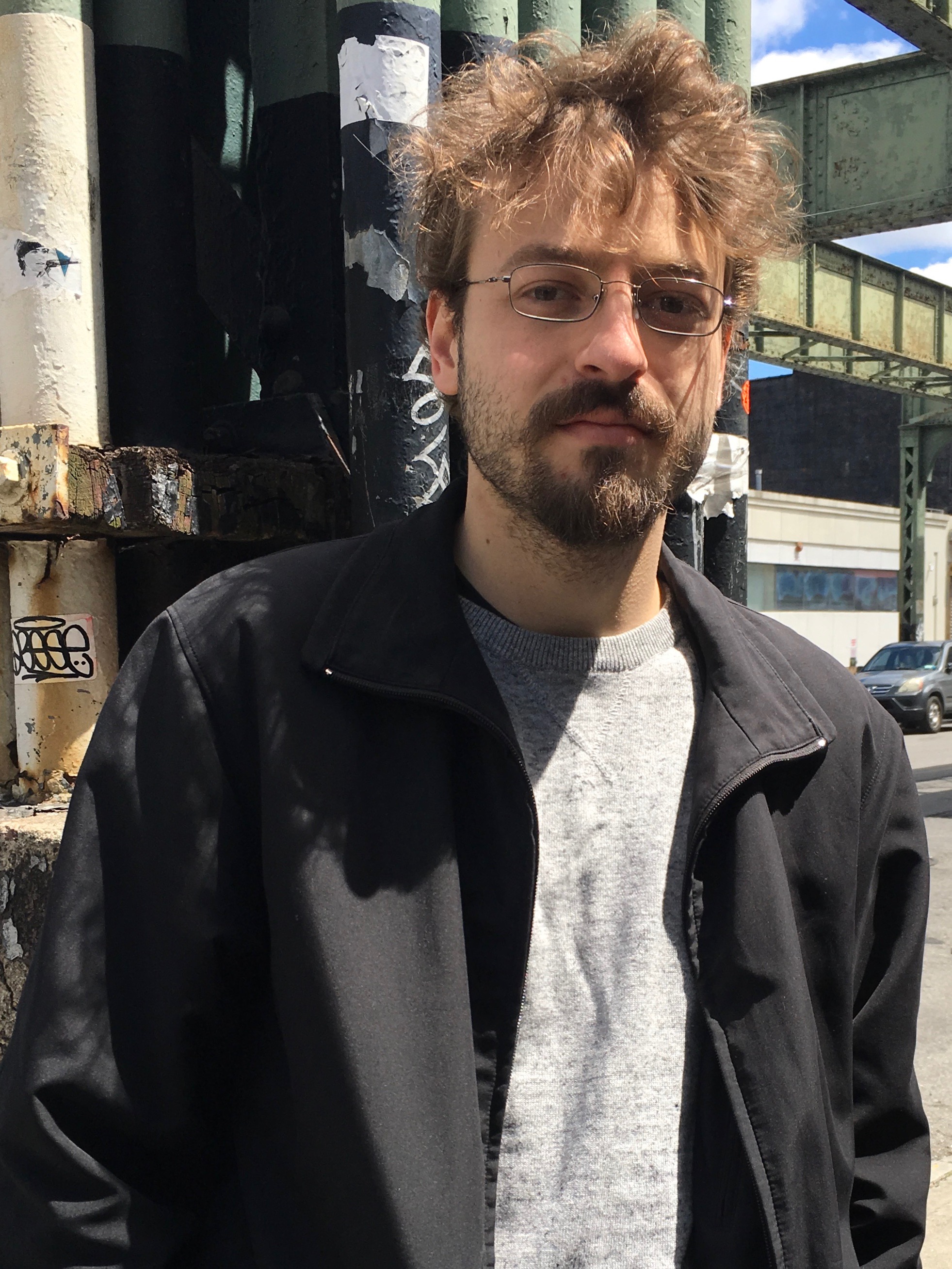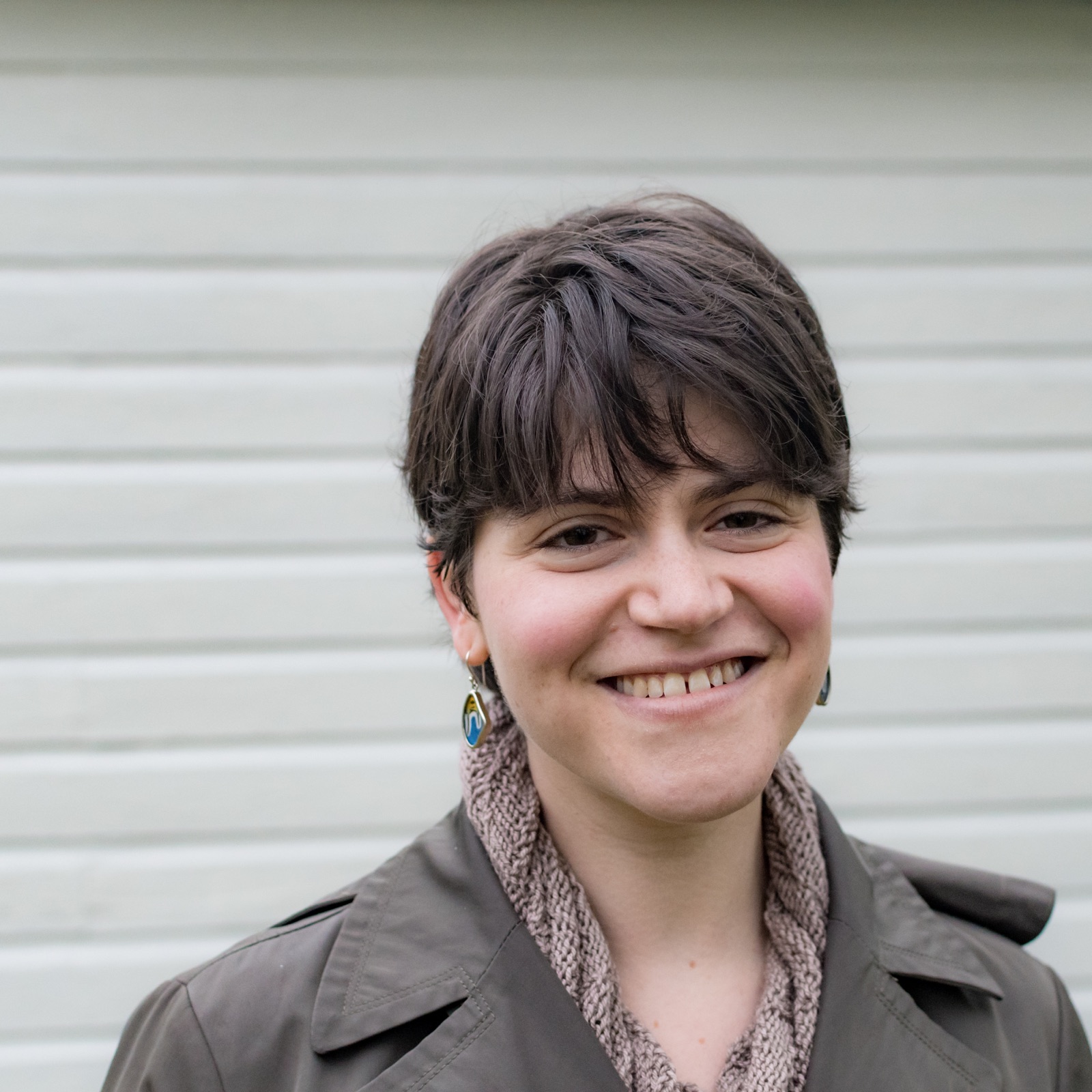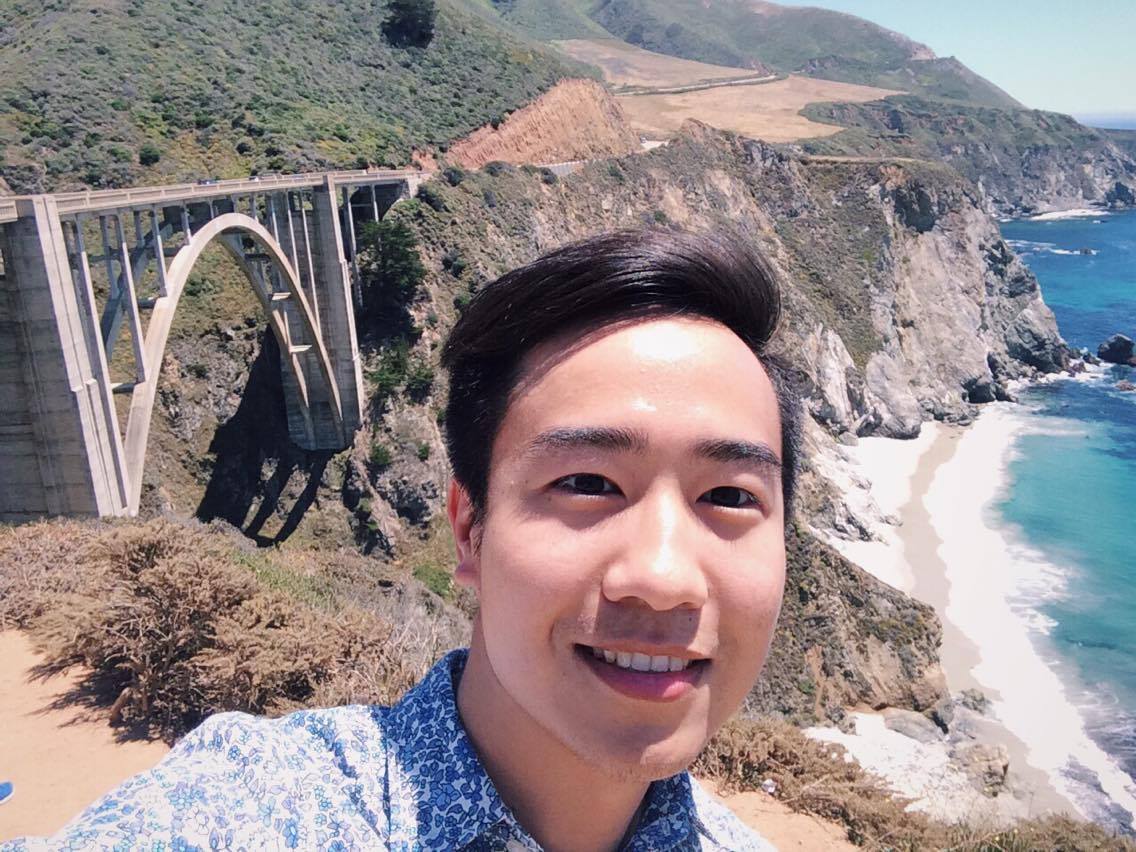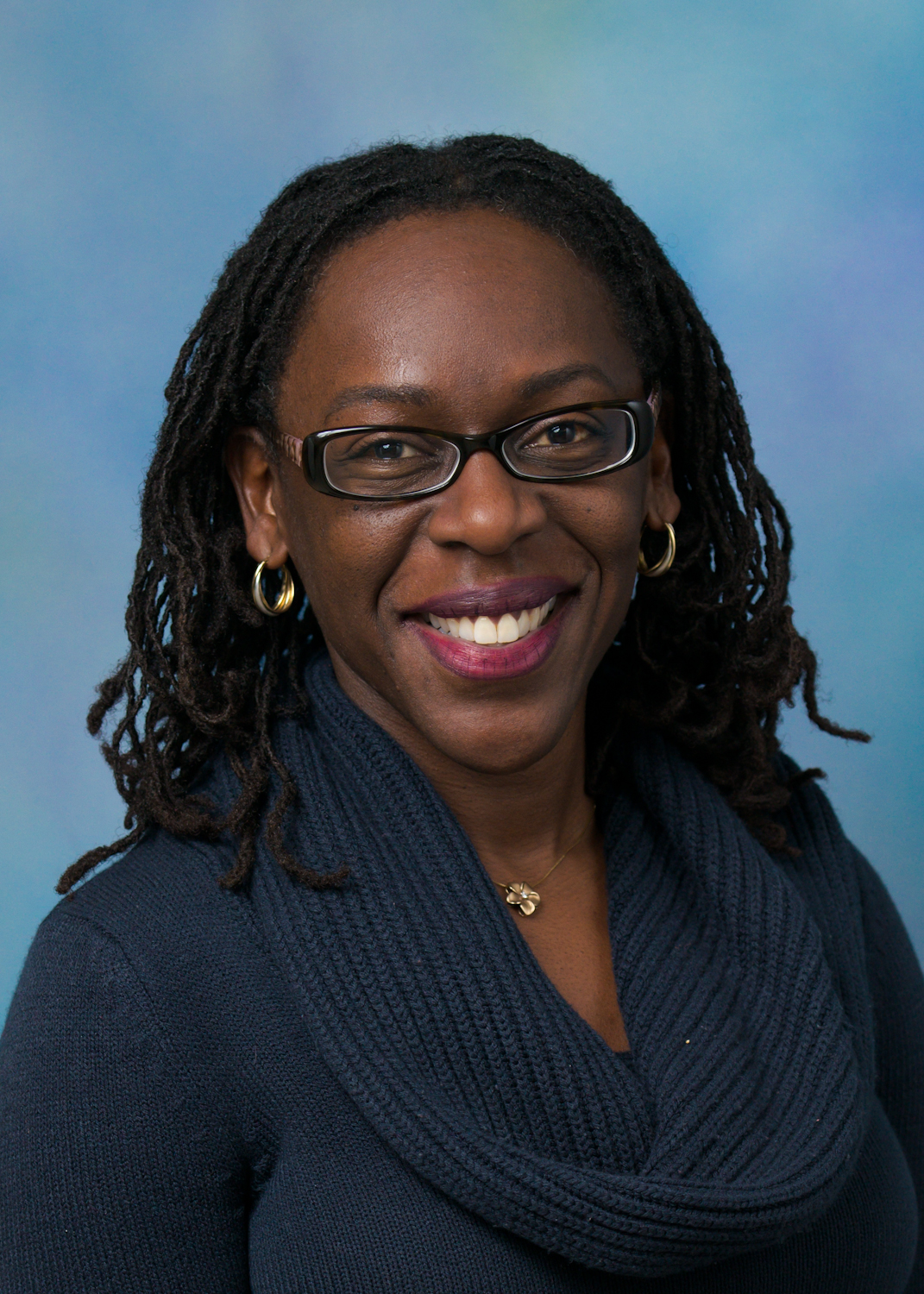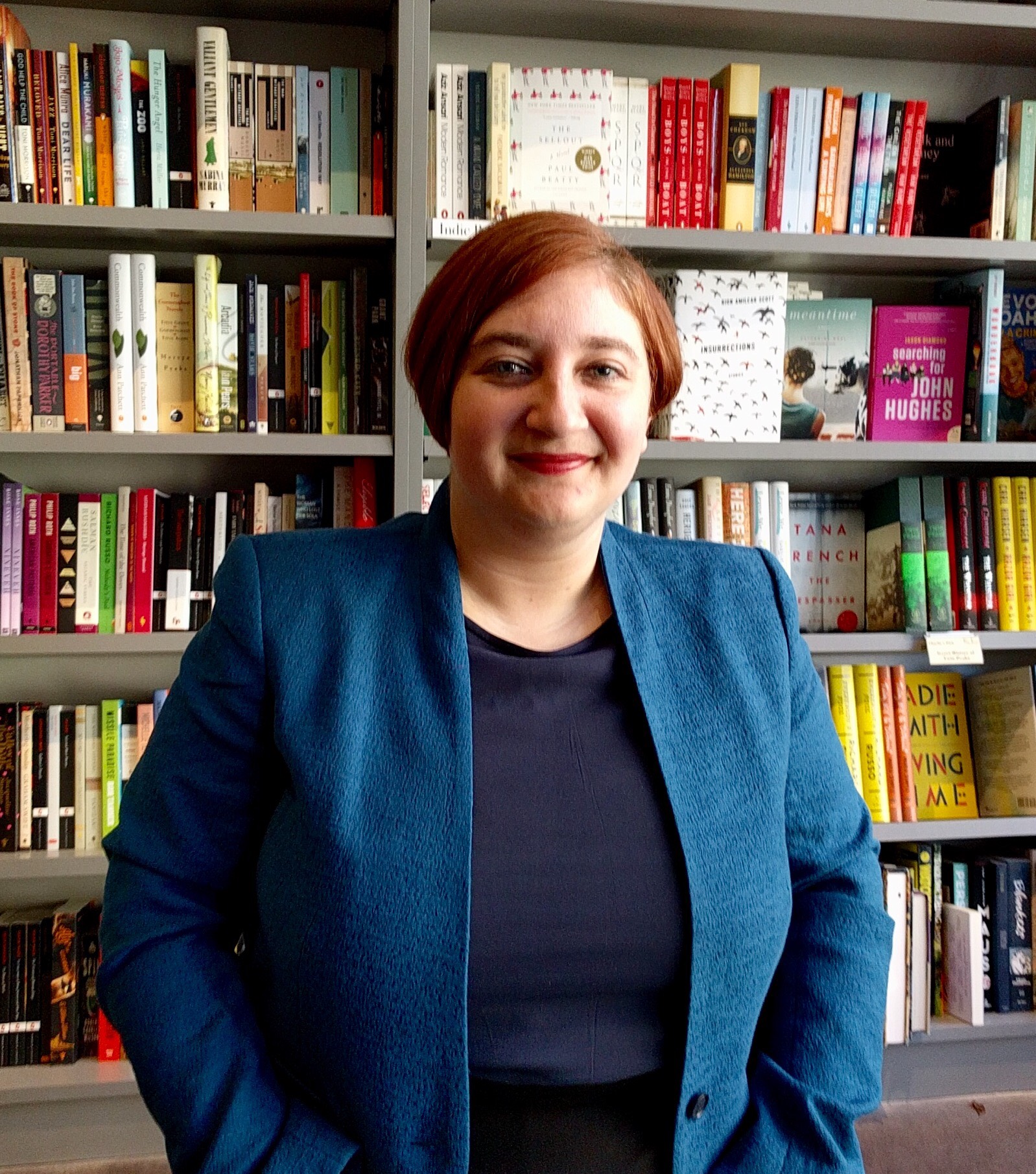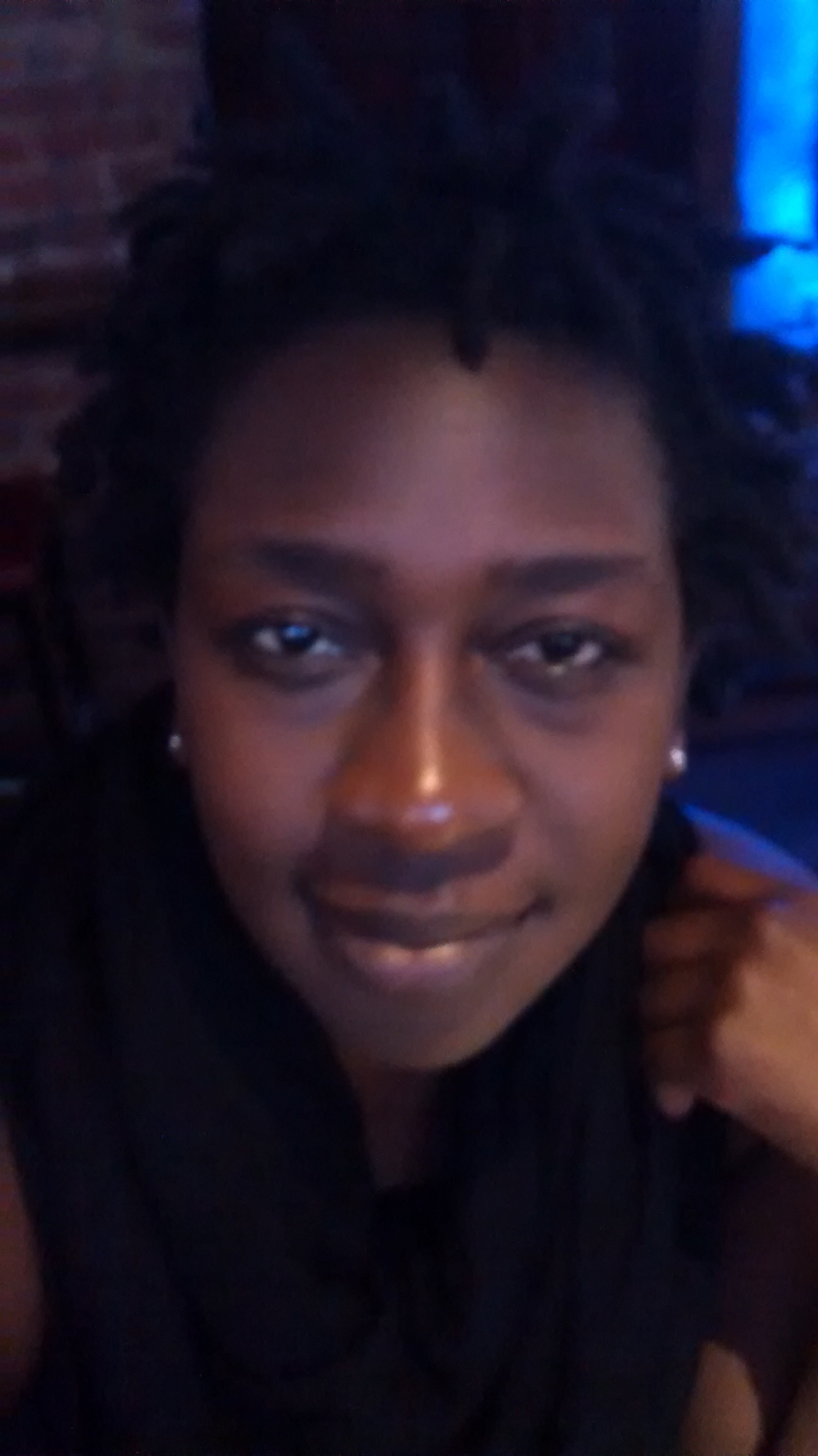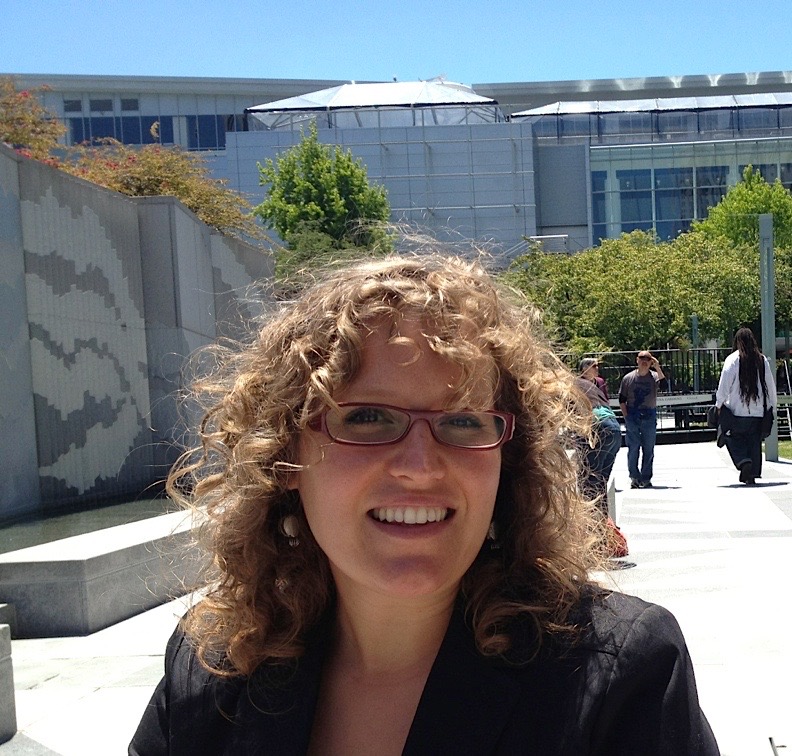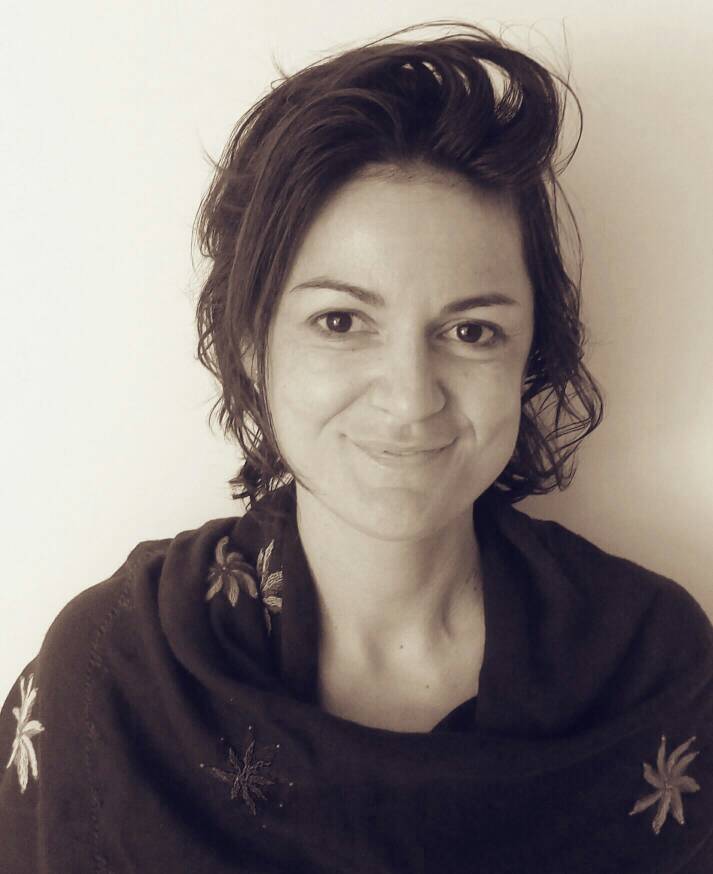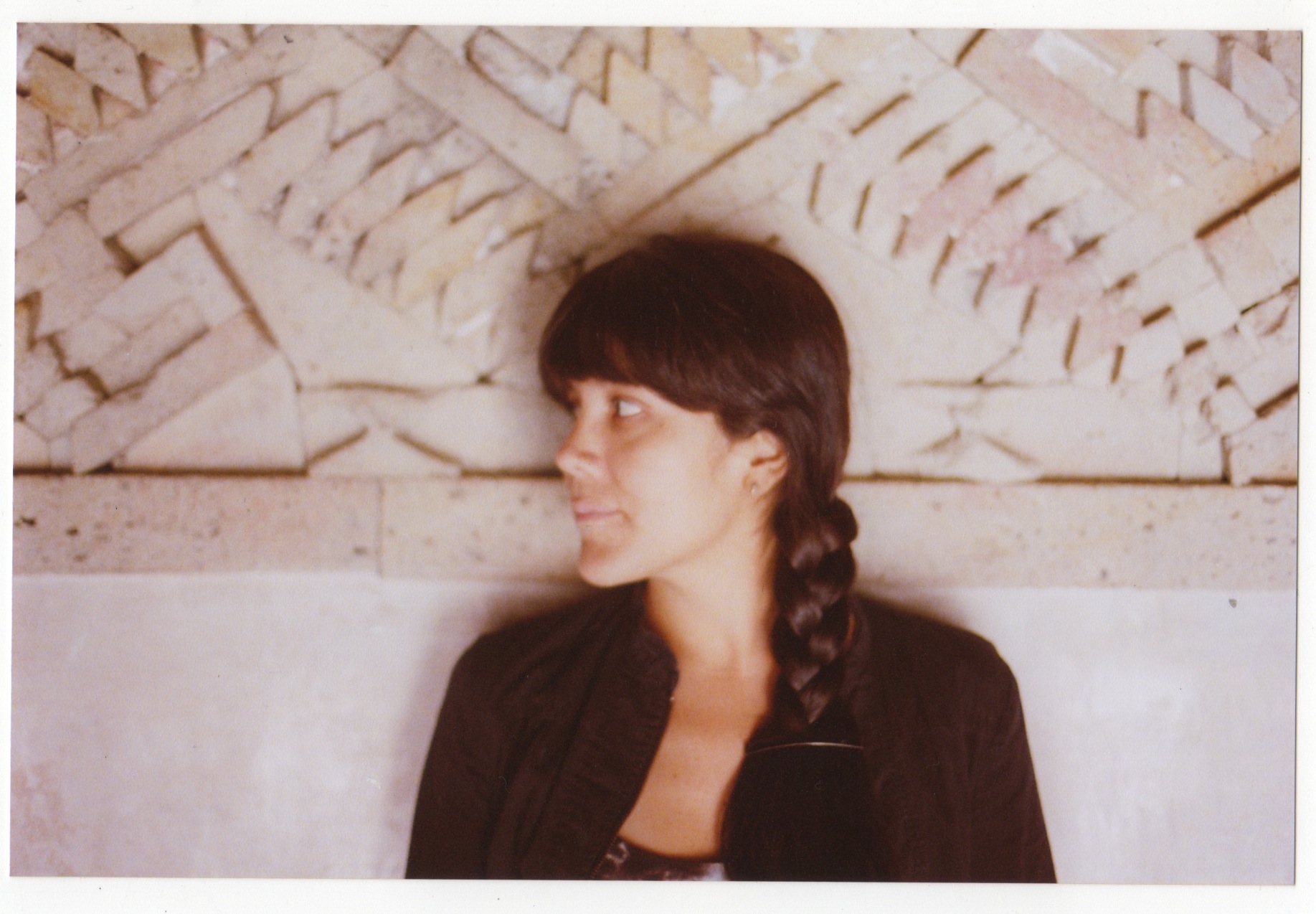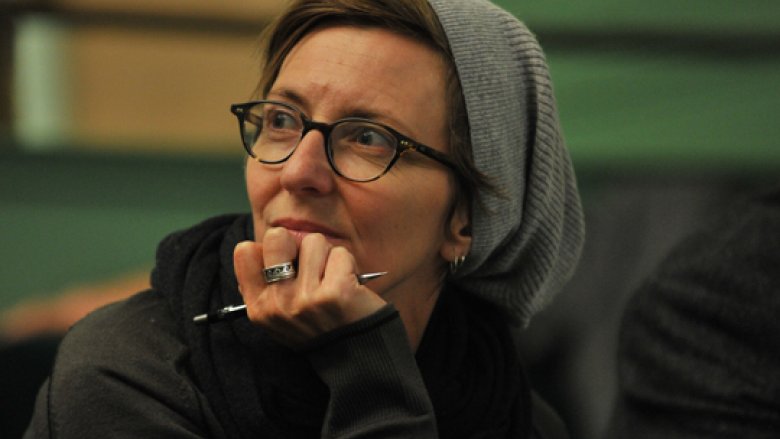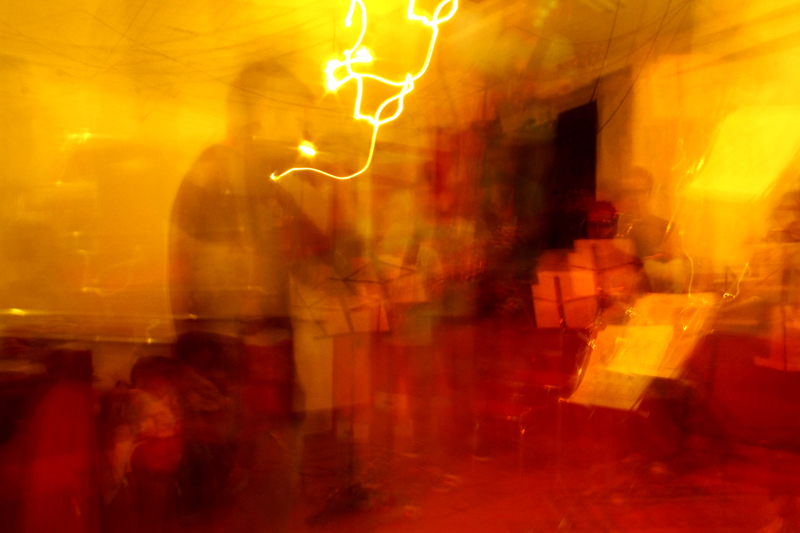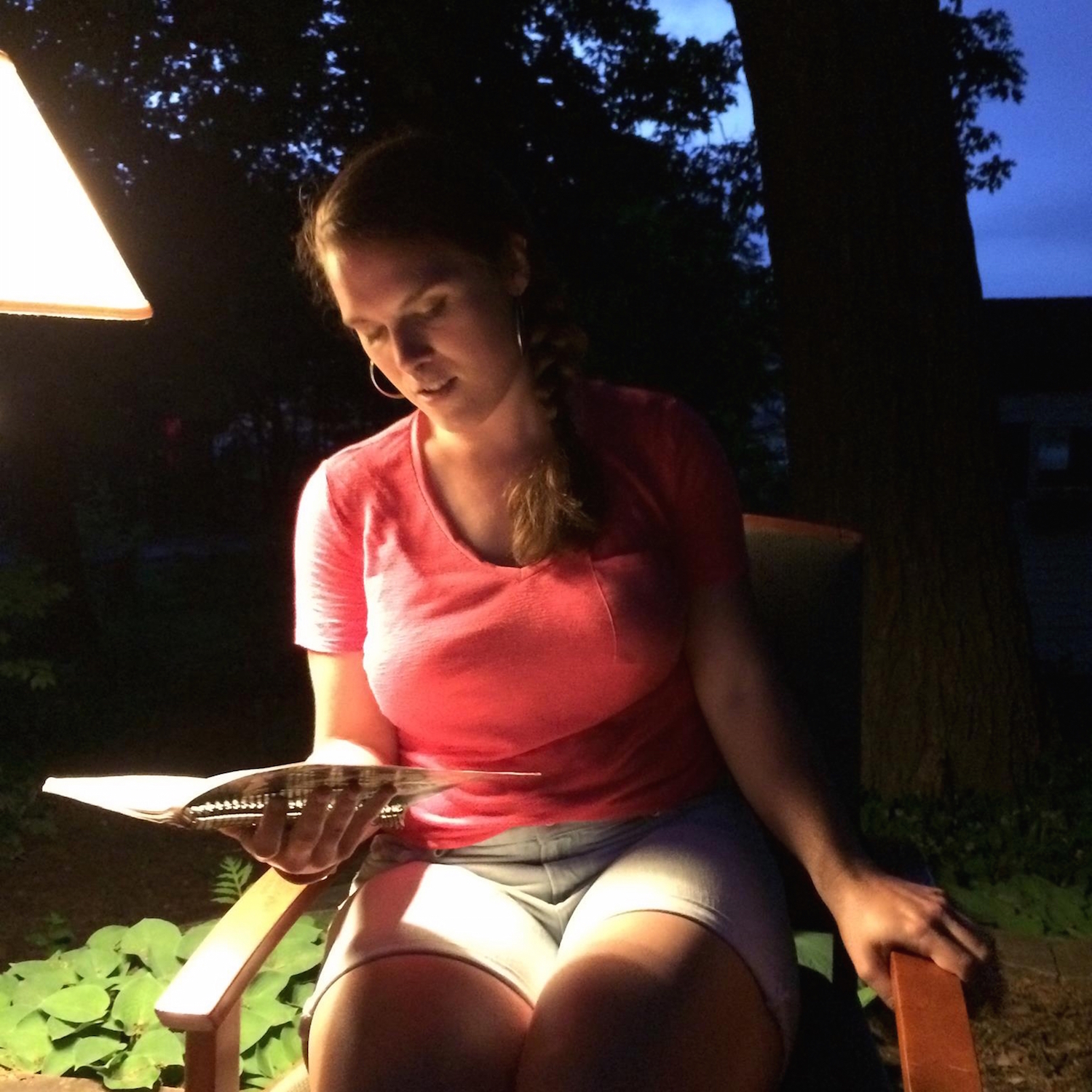People 2017
Founding Director
Ann Laura Stoler is Willy Brandt Distinguished University Professor of Anthropology and Historical Studies at The New School for Social Research. She taught at the University of Michigan from 1989-2003 and has been at the New School for Social Research since 2004, where she was the founding chair of its revitalized Anthropology Department. She has worked for some thirty years on the politics of knowledge, colonial governance, racial epistemologies, the sexual politics of empire, and ethnography of the archives. She has been a visiting professor at the École des Hautes Études, the École Normale Supérieure and Paris 8, Cornell University’s School of Criticism and Theory, Birzeit University in Ramallah, the Johannesburg Workshop in Theory and Criticism, Irvine’s School of Arts and Literature, and the Bard Prison Initiative. She is the recipient of NEH, Guggenheim, NSF, SSRC, and Fulbright awards, among others. Recent interviews with her are available at Itinerario, Savage Minds, Le Monde, and Public Culture, as well as Pacifica Radio and here. Her books include Capitalism and Confrontation in Sumatra’s Plantation Belt, 1870–1979 (1985; 1995) Race and the Education of Desire: Foucault’s History of Sexuality and the Colonial Order of Things (1995), Carnal Knowledge and Imperial Power: Race and the Intimate in Colonial Rule (2002, 2010), Along the Archival Grain: Epistemic Anxieties and Colonial Common Sense (2009) and the edited volumes Tensions of Empire: Colonial Cultures in a Bourgeois World (with Frederick Cooper, 1997), Haunted by Empire: Geographies of Intimacy in North American History (2006), Imperial Formations (with Carole McGranahan and Peter Perdue, 2007) and Imperial Debris: On Ruins and Ruination (2013), and Duress: Imperial Durabilities in Our Times (2016). Her commitment to joining conceptual and historical research has lead to collaborative work with historians, literary scholars and philosophers, and most recently in the creation of the journal Political Concepts: A Critical Lexicon, of which she is one of the founding editors.
stolera@newschool.edu
Managing DIRECTOR
Charles A. McDonald is a doctoral candidate in anthropology and history at the New School for Social Research and a Fellow of the Posen Society of Fellows. His dissertation is a historical ethnography of the return of Jews and Judaism to Spain from the nineteenth century to the present, focusing on religious conversion and citizenship laws. Taking "return" as an ethnographic object, the dissertation inquires into the forms of reason, technologies, and materials that are enlisted to determine who and what will count as Jewish. It thus seeks to gain a new perspective on the vexed conditions of European multiculturalism by developing a pragmatic anthropology of what "inclusion" entails at a time when the production of the Jewish past and the possibility of a Jewish future is increasingly part of statecraft across Europe. His research has been supported by the American Academy for Jewish Research, Social Science Research Council, Wenner-Gren Foundation, and the Center for Jewish History. He has held visiting positions at the Consejo Superior de Investigaciones Científicas (CSIC), Universidad Autónoma de Madrid, and the Universitat Autònoma de Barcelona. His broader interests include race and religion; subjectivity; historical anthropology; materiality and aesthetics; liberalism and multiculturalism; queer studies; experimental ethnography; Spain; Europe; and the U.S.
mcdoc390@newschool.edu
program assistant
Valentina Ramia is an MA candidate in anthropology at the New School for Social Research, where she has been granted a five-year Prize Fellowship. After graduating with an MS in Public Policy from The New School, she worked for the Ecuadorian government to create the Department of Justice and the country’s first Public Defense System. Her research focuses on the politics of emotion in asylum proceedings. She is also a classically trained pianist.
ramim999@newschool.edu
To see profiles from Faculty and Fellows for other years, see 2016 People and 2015 People.
2017 Faculty
K. Anthony Appiah teaches in the philosophy department and the law school at NYU. Raised in a Pan-Africanist family in Ghana and educated at Cambridge in philosophy, he has worked on W. E. B. Du Bois for nearly forty years. Since his first appointment as an Assistant Professor of Philosophy and African and African-American Studies at Yale in 1981, he has taught and written in the philosophy of race, in books such as In My Father's House: Africa in the Philosophy of Culture, Color Conscious: The Political Morality of Race (with Amy Gutmann), The Ethics of Identity, and Lines of Descent: W. E.B. Du Bois and the Emergence of Identity, as well as in essays in Critical Inquiry and The New York Review of Books. He has also written widely in the philosophy of language and mind, in ethics and in the philosophy of the social sciences, and has a longstanding engagement with questions about the nature of religion.
David Harvey is a Distinguished Professor at the Graduate Center of the City University of New York. His substantive interests lie in the study of urbanization and uneven geographical development of capitalism at a variety of scales, from local to global. Social Justice and the City, Paris, Capital of Modernity and Rebel Cities: From the Right to the City to the Urban Revolution are books written in this tradition. He has also engaged in a project to illuminate and make more accessible an understanding of Marx's Capital. His video lectures on volumes one and two have been widely used as have his Companions to Marx's Capital, Volumes 1 and 2. He has also written expository texts focusing on Marx's theorization of capital, such as The Limits to Capital, The Enigma of Capital and Seventeen Contradictions and The End of Capitalism. The applicability of such theorizations to actual situations is taken up in texts such as Justice, Nature and the Geography of Difference, Spaces of Hope, The New Imperialism and A Brief History of Neoliberalism. The Condition of Postmodernity remains, however, his most popular book.
Born in Sydney, Australia, where he studied medicine, Mick Taussig teaches anthropology at Columbia University in NYC and is the author of many books derived from his 40 years of fieldwork in Latin America, such as The Devil and Commodity Fetishism; Shamanism, Colonialism, and the Wild Man—a Study in Terror and Healing; My Cocaine Museum; Defacement; Mimesis and Alterity; Walter Benjamin’s Grave; and The Corn Wolf.






